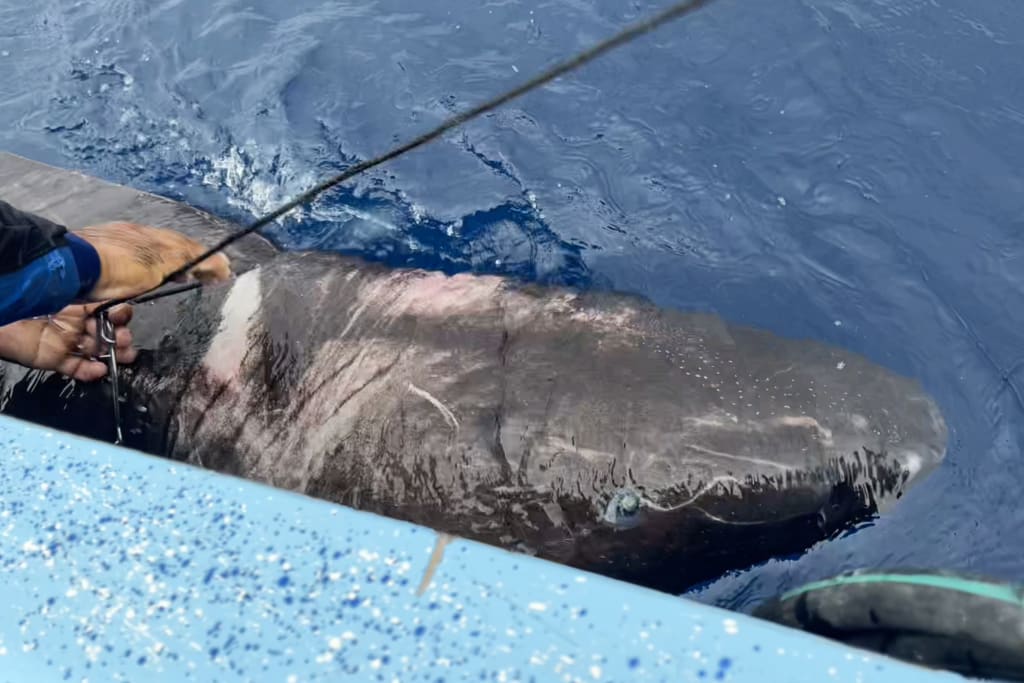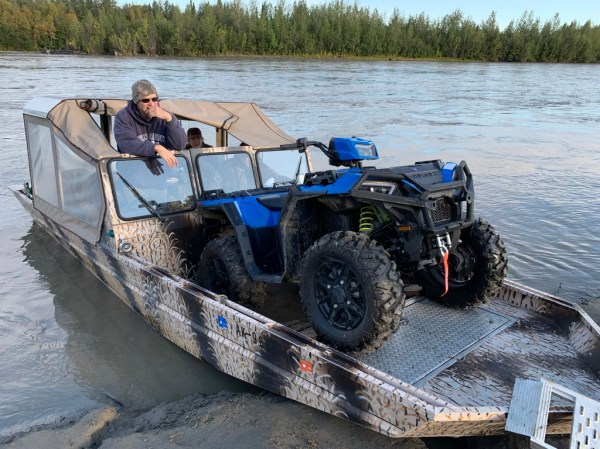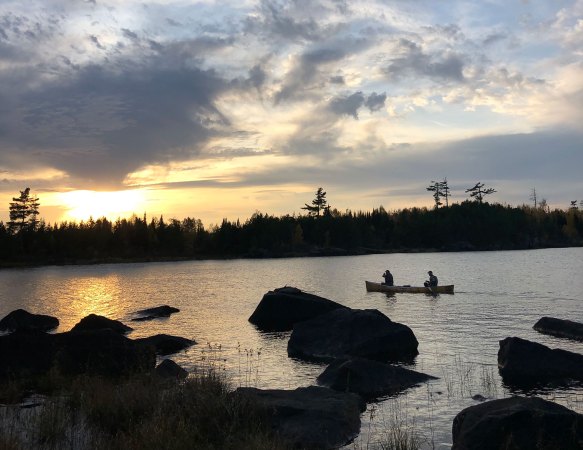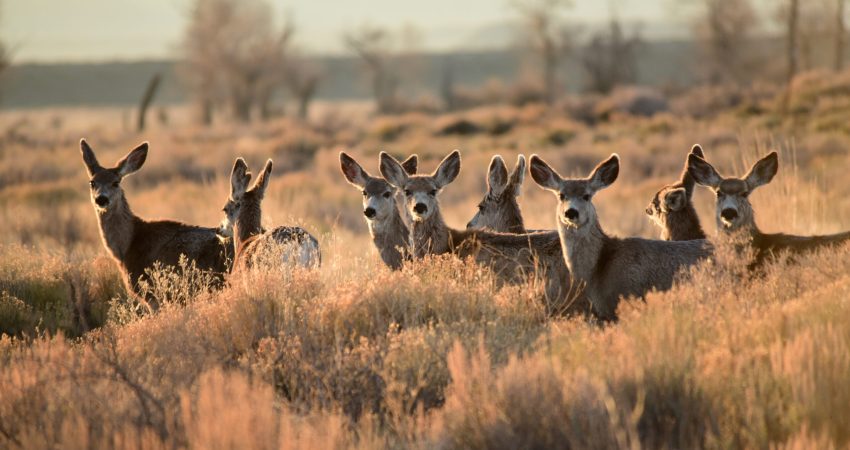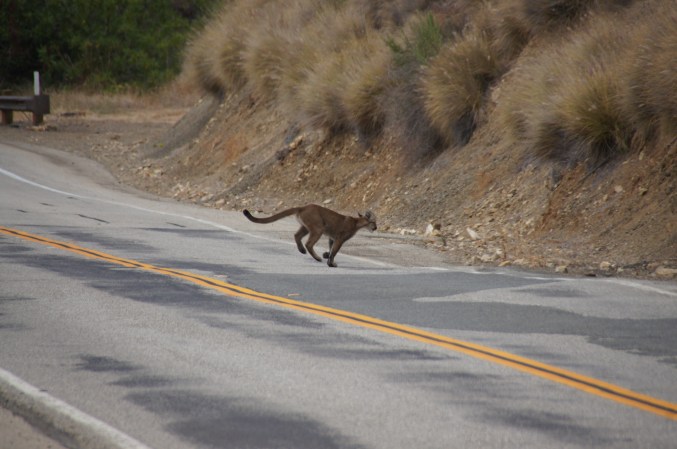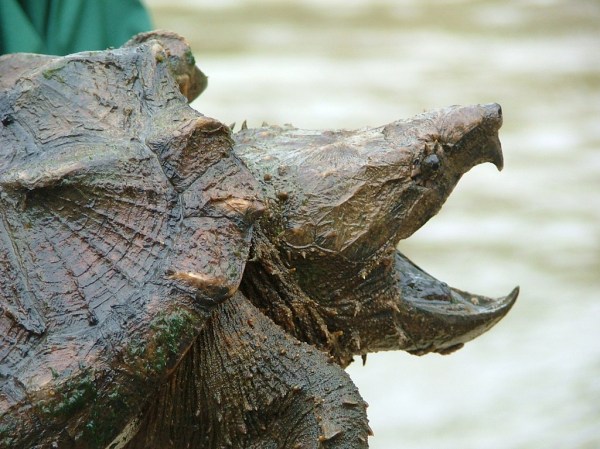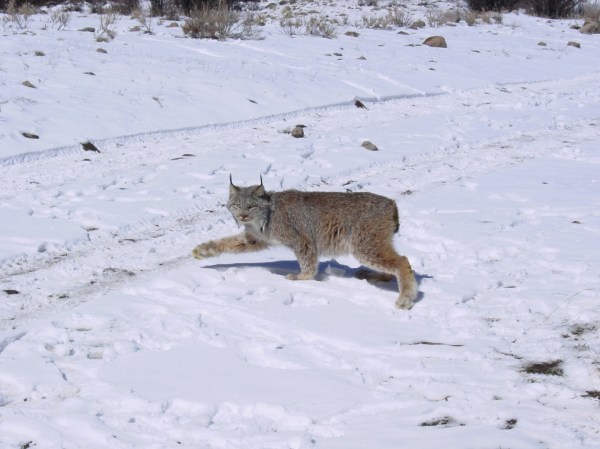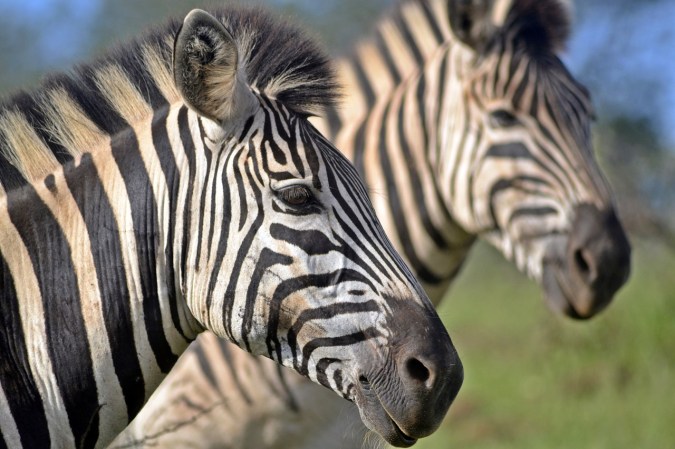Wildlife biologists uncover a lot of unusual things while sifting through oceans in the name of research. However, this particular discovery from Belize is beyond rare. While tagging tiger sharks in a coral reef, Devanshi Kasana happened upon the oldest known living vertebrate species: the Greenland shark. Incredibly, this “half-blind shark” was found 3,700 miles from its home range of the North Atlantic and Arctic Oceans. Now researchers are trying to figure why.
Kasana, a Ph.D. candidate in the Florida International University Predator Ecology and Conservation lab, came across the “sluggish creature” after a “long night of fishing” with a local Belizean fisherman, tagging tiger sharks, according to FIU News.
“At first, I was sure it was something else, like a six gill shark that are well known from deep waters off coral reefs,” said Kasana. “I knew it was something unusual and so did the fishers, who hadn’t ever seen anything quite like it in all their combined years of fishing.”
She sent a picture along to her advisor, Demian Chapman, director of Sharks & Rays Conservation Research at Mote Marine Laboratory & Aquarium, who identified the large creature as a member of the sleeper shark family: a Somniosus microcephalus or Greenland shark (though it could potentially be a hybrid between a Greenland and Pacific sleeper shark).
The family of sleeper sharks is slow moving and slow growing. Greenland sharks, for example, are known to live for 250 to 500 years (making them the longest living vertebrate species in the world), according to the National Ocean Service. Their preferred food source is polar bear carcasses and they are known to survive for hundreds of years in the icy cold waters of the Arctic and North Atlantic, according to a study published in Proceedings of the National Academy of Sciences.
While its unheard of for a Greenland shark to travel as far south as this one did, Glover’s Reef Atoll, which is part of the Glover’s Reef Marine Reserve World Heritage Site, is definitely deep enough for the bottom-dwelling creature with “a steep slope that drops from 1,600 feet to 9,500 feet.” Theoretically, there would be cold enough water for the shark “to thrive,” according to FIU News. Regardless, this is the first time a sleep shark has been discovered this far south.
“I am always excited to set my deep water line because I know there is stuff down there that we haven’t seen yet in Belize, but I never thought I would be catching a Greenland shark,” said Omar Faux, one of the fisherman in Belize. “My crew and I are looking forward to future deep-water expeditions with Dr. Chapman and his team.”
